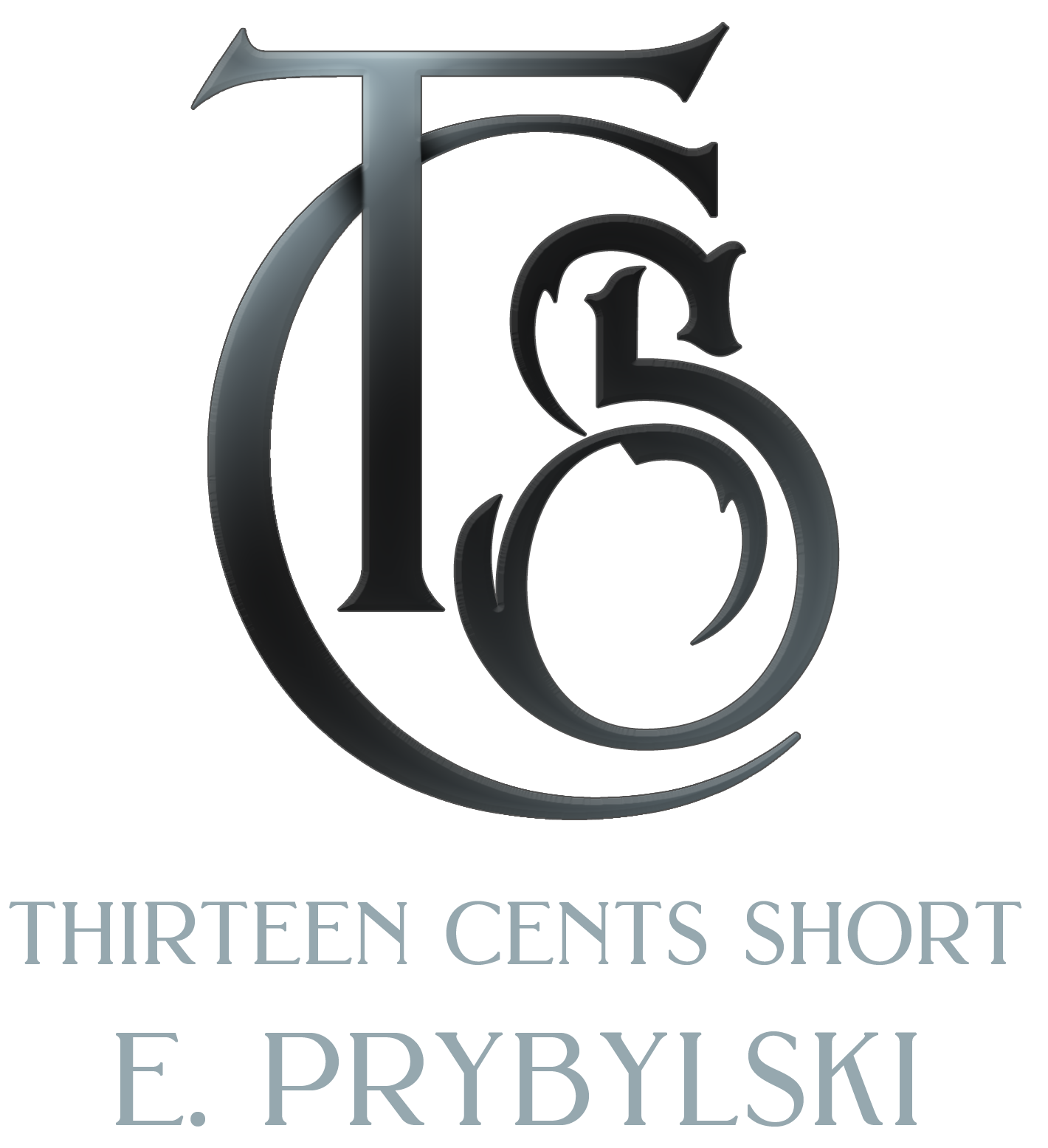I come across writers all the time who are bucking “the system” and posting rebellious tweets or Facebook messages about how they’ll keep their adverbs in (thank you very much) and how much they hate editors and how much they’re keeping very single dang comma. While I don’t always agree, I understand the frustration and backlash against what they see as prescriptivist, pedantic nonsense.
As you may have come to expect from me, I’m going to be straight with you here: they’re not all wrong.
The problem with a lot of the writing advice I’ve read, seen, and had given to me even by well-meaning and experienced authors has been that it lacks context. Let’s look at, for example, the injunction against using adverbs in prose. The reality is, adverbs have an important and valuable function. They’re a part of language for a reason, and I won’t tell you otherwise. The sticking point that isn’t usually explained along with the “avoid adverbs” advice is that you should avoid them when a stronger verb is available. The example I always give is: “he ran quickly” vs. “he sprinted.” In this example, “ran quickly” is redundant due to the presence of good, descriptive, solid verbs that could be used in place of it, so it weakens the writing.
As in all things here, adverbs (and pretty much everything else, if I’m honest) should be used like you use salt in cooking: The correct amount of salt enhances a dish, too much destroys it, and everyone’s taste differs. Also, certain genres are more forgiving of some types of tropes and language uses than others. YA would likely be more accepting of adverbs than, say, epic fantasy. The readership has different expectations.
Note: I am NOT in ANY WAY implying that epic fantasy is superior to YA. It’s not. They’re just different. I love both genres.
And this is just one example!
As someone who hangs out in writing circles and dispenses advice, the key for most things authors wrestle with is context. An “info dump” (aka. expositionary passage) is utterly necessary in some genres and places. There are right and wrong ways to go about it, but in SF/F you just have to get the world building out there sometimes, which means dropping it on your readers. In some subgenres of fantasy (like epic fantasy) readers live for the Tolkien-esque descriptions of kings and queens of old and historical events and so on. I think space opera sci-fi has a similar bent.
My point here is that writing advice shouldn’t be discarded wholesale, but contextualizing the rules to explain what, where, when, and why too often goes by the wayside. That’s how you end up with the idea that all adverbs are forbidden and any setting information is info-dumping and all the other misguided advice.
My point here is that writing advice shouldn’t be discarded wholesale, but contextualizing the rules to explain what, where, when, and why too often goes by the wayside.
E. Prybylski
Unfortunately, as a byproduct of that misguided advice, you end up with authors ready to heave all convention out the window and end up hateful and suspicious of editors. I’ll admit to being kinda sus, but so long as we’re not playing Among Us you’re probably okay. Probably. All joking aside, though, editors aren’t all pedants. In fact, the vast majority of the ones I know see variations in language as healthy and something to be celebrated. Also, we want to support you, not tear you down. That wouldn’t help anybody.
Another thing most people don’t tell writers is that grammar and punctuation has multiple styles. Most folks wouldn’t know AP from Chicago, and that’s why we editors have a job. Beyond that, many publishers (like mine for example) have in-house style guides that cherry-pick the punctuation norms we prefer. Oxford Comma? Style. Spaces around em-dashes or ellipses? Style. Using UK or US spelling? Style. Commas as breaks in ways other than strictly defined? Depending on their use, it could be pulling on older styles of comma usage. Also a style.
The key thing, however, is that whatever you do, do it on purpose. If you are messing up and trying to cover your butt by claiming you, uh, meant to do that, it’ll be obvious. I always advise to my clients to learn the rules first. Learn the irritating, pedantic, prescriptivist rules. Then once you know them, have internalized them, and understand them, at that point you can start breaking them. If you are doing things out of ignorance, there’s a good chance you won’t be able to back things up and will just be wrong and inconsistent. And that won’t be a good look for you.
However you choose to go about it, consider making your style guide something you codify. Do you spell it “gray” or “grey?” I infinitely prefer “grey.” I don’t have a good reason why except for the fact that I grew up reading UK authors, and some of their spellings and conventions leaked into my internal lexicon (thanks, Anne McCaffrey and Tolkein). This style guide serves two very specific purposes. The first is to make sure your work is internally consistent. If you are consistent in how you do or do not use specific linguistic tools, it shows you are doing it on purpose. Now, there’s a chance that you’ll be wrong (I have an author who struggles with terminal punctuation in dialogue, for example), but if you’re consistent it’s also easier to fix with find/replace. Second, this style guide will be something you can provide to your editor so they know what you want when they’re editing your book. While they may have feedback to give on your style guide, if they know your intent, it will require less of an attempt at mind reading.
One thing to note, however, is if you are traditionally publishing, the publisher will have a house style guide that will supersede your own. You may not get a say in it at all, and at that point you’re rubbing up against the realities of traditional publishing. While it provides you with the benefits of not having to do and source everything yourself, you lose certain elements of creative control and are bound by the regulations of the publisher. The good news is, though, publishers have reasons why they want things the way they want them, so it’s not just arbitrary, and they aren’t going to ruin your book. Well, any good publisher won’t, anyway. I can’t account for jerks.

E. Prybylski has been in the publishing industry as an editor since 2009, starting at Divertir Publishing and eventually partnering with her close friend Richard Belanger to begin Insomnia Publishing.
Ever since childhood, E. has been an avid reader and writer of fantasy. The first chapter book she remembers reading is The Hobbit, followed swiftly by most of Anne McCaffrey’s Pern series. In high school, she perfected the skill of walking while reading without slamming into anyone. Mostly.
When she isn’t reading or writing, E. is an active member of the Society for Creative Anachronism and has a B.A. in European history from SNHU. In addition to her many historical pursuits, E. is a musician of multiple instruments, a cat mom, and a loving wife to her husband, J. E. also speaks out for the disability and chronic illness communities being a sufferer of chronic migraines and Ehlers-Danlos Syndrome.
